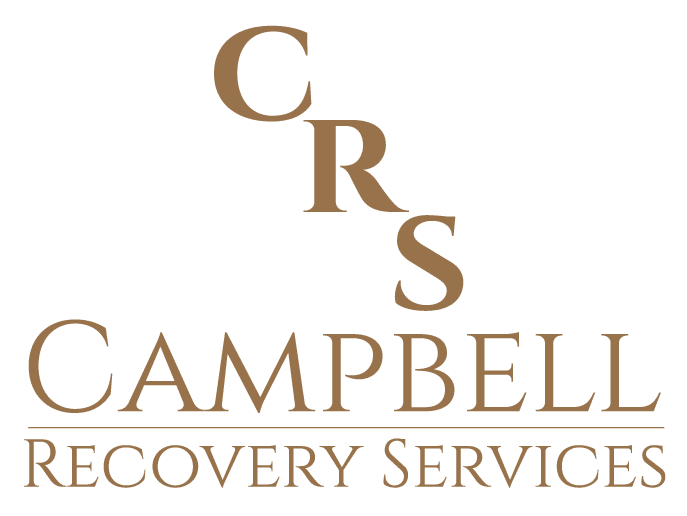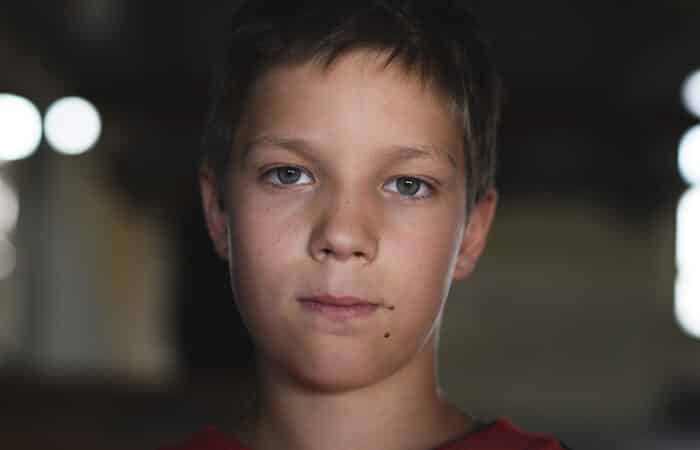You may think that when you are feeling depressed, an alcoholic beverage or two will help to improve your mood. This is a common misconception. Even small amounts of alcohol can have a negative effect if you are in a depressed state. Symptoms of depression are exacerbated by sedatives like alcohol. These symptoms can include fatigue, difficulty concentrating, feelings of hopelessness, sleep disturbances, and irritability. Alcohol can also worsen suicidal thoughts in people that are suffering from depression.
Those suffering from mild to severe depression may be tempted to turn to alcohol to cope with their feelings of sadness and despair. Pairing alcohol with someone that is already depressed is a dangerous mix, as this can further deepen and intensify the feelings of depression. For those taking medication for depression, mixing this with alcohol can cause a severe reaction.
Alcohol is a Depressant, Worsening Symptoms of Depression
The initial feeling after enjoying a glass of wine or beer may be a feeling of calmness and relaxation. This seldom lasts in people experiencing depression. Alcohol is a depressant, which can make the feelings from depression worse. This is a dangerous mix for someone already suffering from depressive symptoms, that can lead to even more intense feelings of hopelessness and despair.
When used by a person already in a depressive state, alcohol lowers serotonin and norepinephrine levels. These are both needed by your body to regulate moods. When already low levels in a person suffering from depression are lowered further by alcohol, the symptoms of depression are ten-fold. Alcohol also depresses the brain and nervous system, further exacerbating the effects of depression. Using alcohol has also been shown to activate a gene that is linked to depression and other mental health disorders, further proving that this not a good mix. The effects that alcohol has on your brain can mimic those symptoms of depression, worsening any pre-existing symptoms. This can leave the individual in an even more depressive state after using alcohol.
The Correlation Between Alcohol Abuse and Depression
It can be tempting to treat the symptoms of depression with alcohol, but this can quickly lead you into a downward spiral. Known for its sedative effects and role as a depressant, alcohol will have the opposite effect, worsening symptoms and potentially spiraling the individual out of control. Alcohol’s effect on your mind can worsen these symptoms, clouding thinking and making problems seem worse than they are. Pairing alcohol with someone that is already exhibiting signs of depression can be a dangerous mix, potentially leaving the person in a deeper depressive state.
Seeking Help Through Therapy Instead of Alcohol Use
It is important that those experiencing symptoms of depression find a professional that can help. If you or someone you know is struggling with depression and has been treating their condition with alcohol, Campbell Recovery Services can help. Patients can find the tools to manage their depression in a healthy way, eliminating the reliance on alcohol through other tools to cope and manage.




